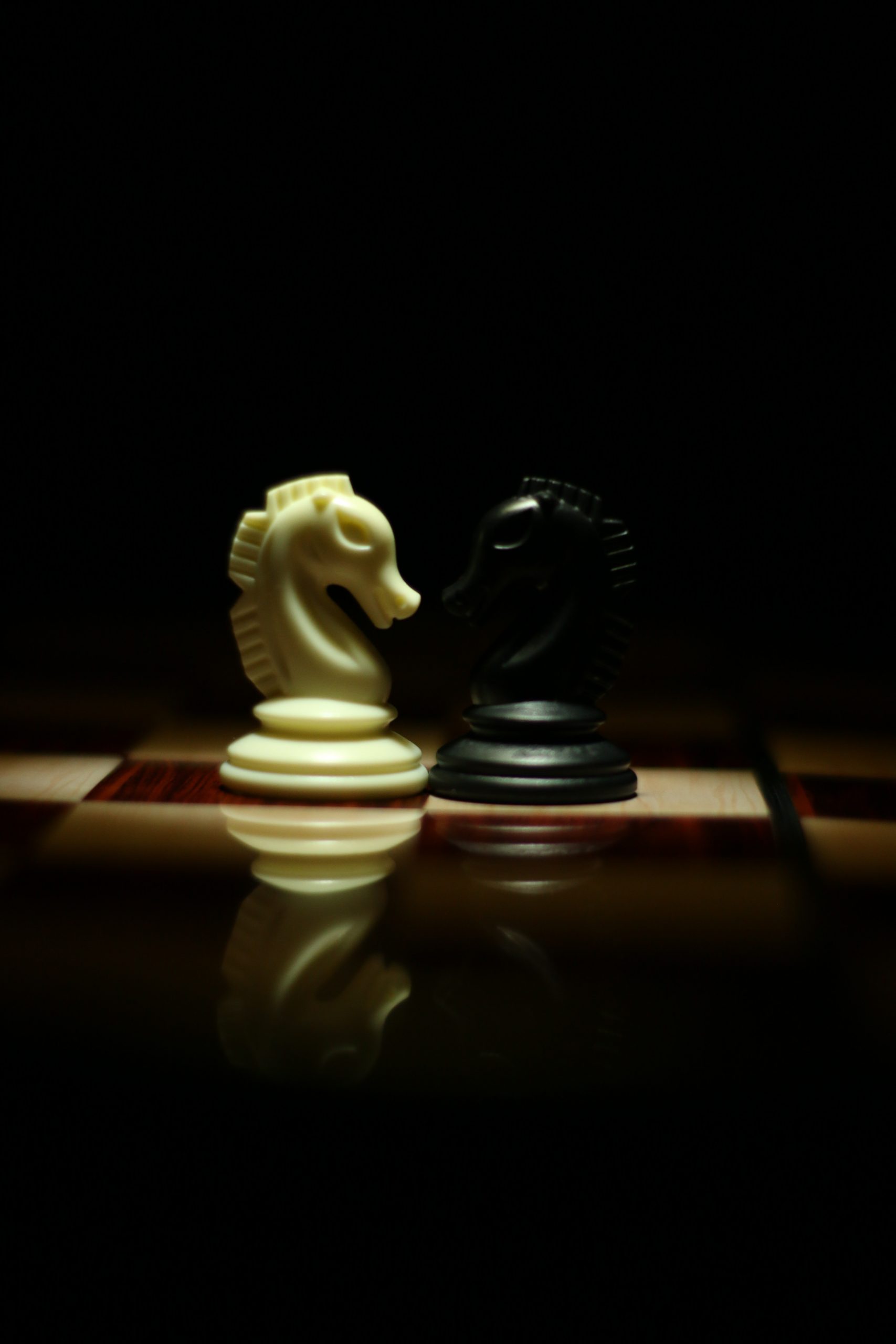“Some people think that if their opponent plays a beautiful game, it’s okay to lose. I don’t. You have to be merciless.”
Magnus Carlsen
I had the good fortune of being able to play in the first Cambridge International Open this past week. It has been some years since I have played in a proper tournament and I was really looking forward to it. It did not disappoint and is quite likely one of the best tournaments I have had the privilege of playing in.
My chess story has had highs and lows over the years but this is perhaps a story for another day. Currently I play for Thurrock Chess Club in a very much hobby/sport capacity. In another life I would devote all my time to chess and just enjoy the beauty of the game and life in general. In this life I do what I can when I can. I suppose I could free up more time to play more chess, but why? Why chess? Besides that it gives me a sense of satisfaction as one derives from pursuing activities that a person enjoys. I would say that I hope my game will improve and I can have a sense of satisfaction as I last felt when I played as a junior many, many moons ago.
Now there are a few things that often make me feel like I should just quit. I hate blunders and we have all felt the disappointment and unease of throwing away a perfectly good game due to overlooking what should be the most obvious of moves. In fact I have even had the experience where I have not only seen these threats but started analysing to such an extent that I forget the most obvious threat I have already considered! I get downright angry, not at my opponent, but at myself. There can be no harsher critic or condemnation as that which I direct towards myself. So for this reason I have started to say to myself: “You can lose but rather it be on time than due to oversight…” This rule of thumb has helped me avoid a lot of these blunders I used to make. The occasional blunder still slips in but far far less than in the past.
Now the next big reason for feeling like packing it up is a bit more annoying… You play a beautiful game lasting up to three hours or more only to make the slightest of errors towards the end only to see a won position turn a full hundred and eighty degrees against you. Now this can make me go full on nuclear on myself. I value time a lot, my free time even more so. Preventing these kind of outcomes is a little harder to achieve but I suspect it lies in more play and getting used to good habits. Check everything. Don’t rush. I recently had such a case. a won game but both players with little time on the clock. Around two minutes each. I fail to check one line as I feel pressured and that is the line that loses the game! In hindsight two minutes would have been ample to spend some more time on simply checking one extra variation. Alas, we live and learn.
Registering for this large open tournament was not only then for the enjoyment of the games I would have but also felt like something I needed to do in order to decide if I should continue with chess or just give up. One thing is certain and that is that to play at your best you do need to invest a lot of time in the game. There are many aspects that deserve study and consideration and this takes a great amount of time.
I often wondered about Bobby Fischer’s statement all those years ago:
“I like the moment when I break a man’s ego.”
I will most likely ponder on it for many more years. I always wondered how he felt about that very statement when he was beaten, which was not very often mind you. As ego exists within us all and forms a part of our attitude towards the game. Another quote that comes to mind is Magnus Carlsen’s as quoted in the title. With this one I only partially agree with. I do feel as though when a beautiful game is played we have achieved the form of art. Even if I lose, it is not such a bitter pill to swallow. In terms of psychology I agree one hundred percent though. It comes to the same point when simply trying to draw when there is much to play for yet. Rather be merciless. This is the psychological battle and aspect of chess.
So where does this leave a person? To play chess or not to play chess. The answer depends on your view on the couple of points we have reflected on. Do you enjoy the game and puzzle it can be? How well do you handle losing? How great a part is one’s ego in these things? Some people set goals of ratings, titles, trophies etc. Is it realistic to expect to be a super strong player when we don’t invest in the game as many others do? I think not. This may be ego placing great expectation on ourselves. Was this what Fischer was alluding to? Perhaps.
What if we have spent a great amount of time with all the modern tools that are now also so readily available to us and we find ourselves in modest brackets of play? Is it worth playing?
I would argue absolutely! In terms of bracket of play you should find the same level of enjoyment as a super GM! Why not? The opponent you face is of similar skill, more or less, and you both have the same to gain and the same to lose. Should both players play their best game it elevates beyond a mere board game to that of a sport and if you both play to the best of your ability it turns into art when like minded minds are trying to creatively find ways to edge out the smallest advantage to convert into a a full win.
There are the small improvements that keep coming as you pour yourself into chess. The question is how badly do you want to improve and how much enjoyment do you get overall. I for one feel somewhat rejuvenated after having played in such a tough open tournament. I lost plenty of games but I also managed to hang on in there for almost half of the games. Facing opposition either close to me or far tougher than me. Here is to hoping I play more games in the future and to the best of my ability going forward.
I hope to write a few more posts in the coming days regarding the Cambridge International Open. I would certainly like to analyse the games by the winner, GM Michael Adams. He had a phenomenal tournament not conceding a single game! The only other player to came within half a point of him was GM Daniel Fernandez, also a great achievement. In the lower brackets there was also an interesting game between myself and a former Thurrock member, then Grays chess club. There was plenty of junior players who are simply great. I even managed to get beat by the British Junior Chess Champion! So be sure to browse back and check for new posts.

